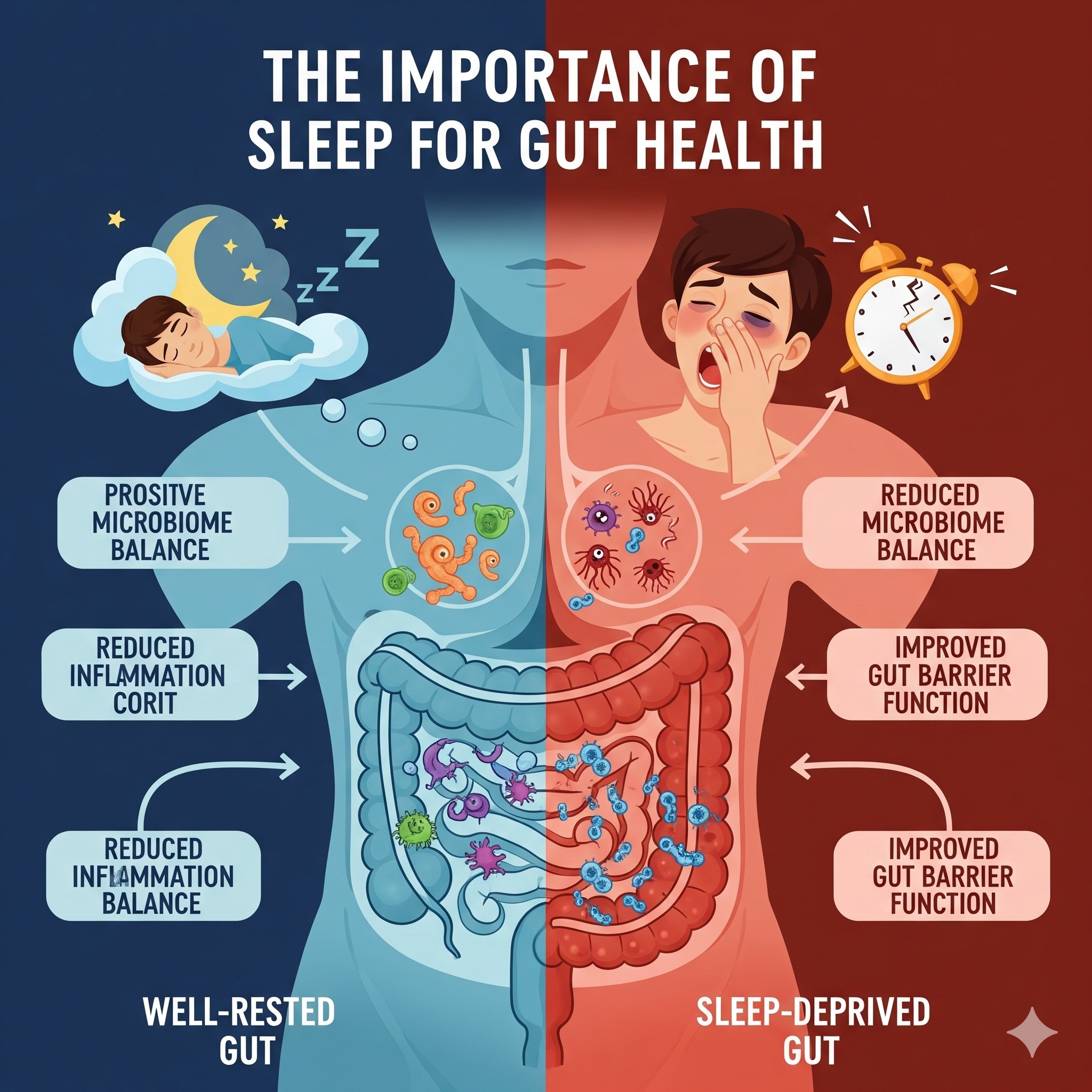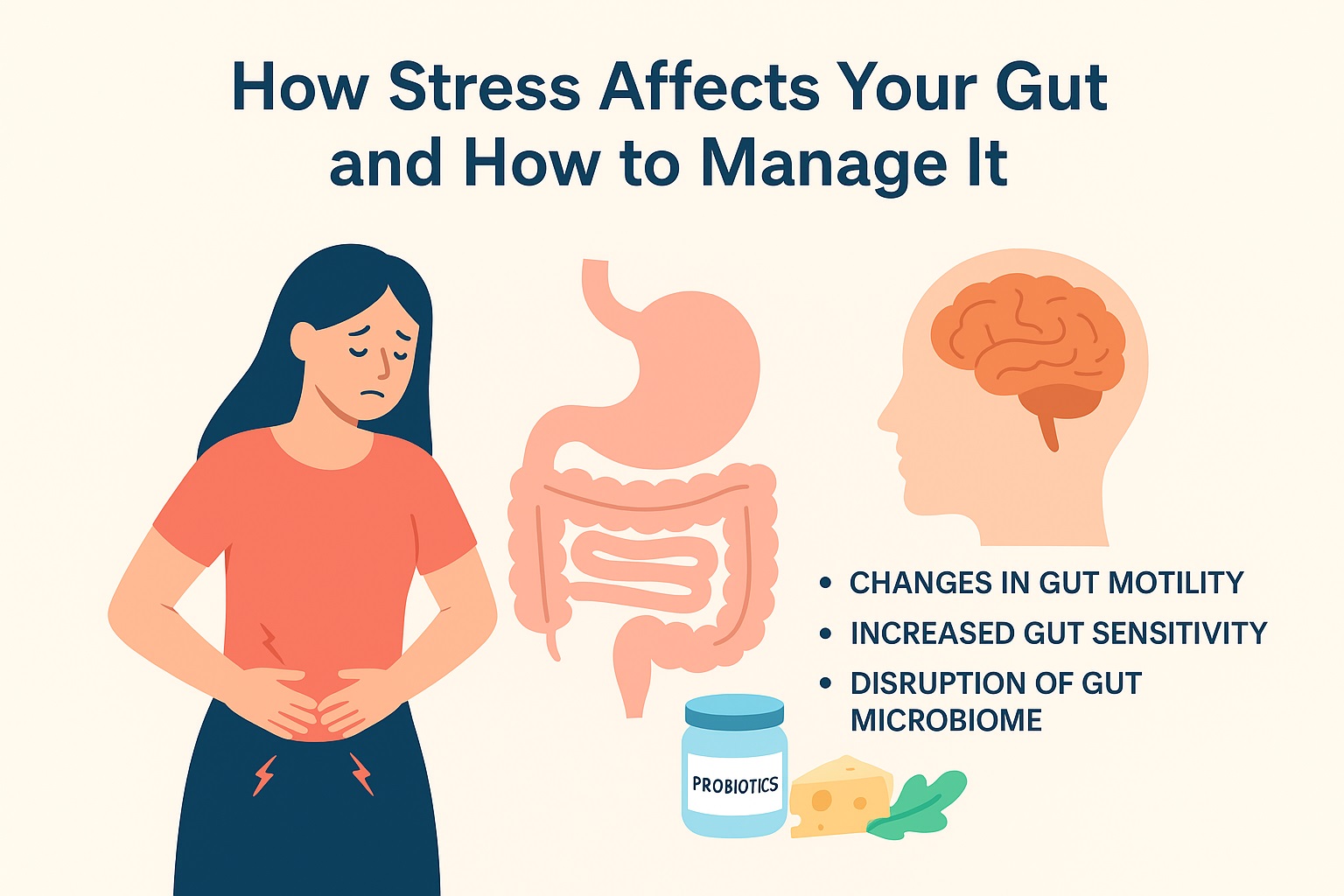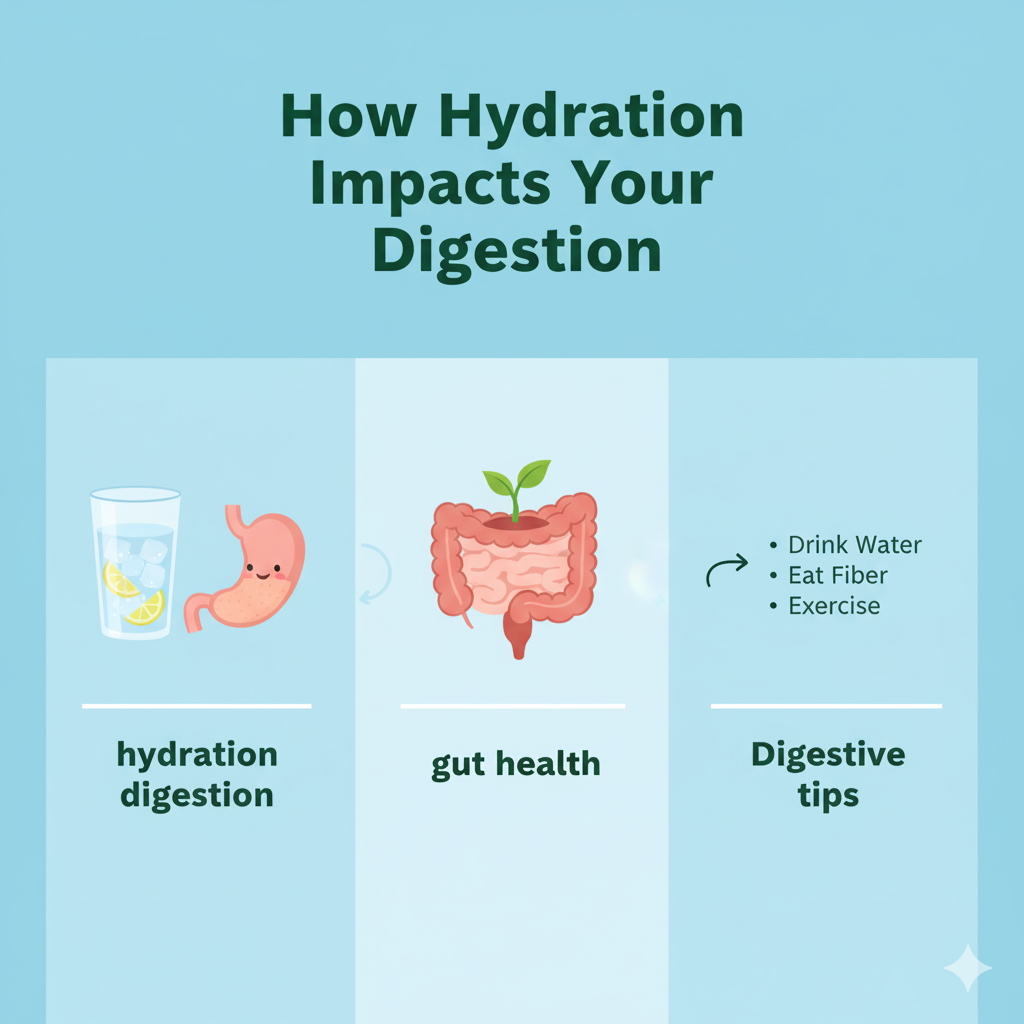Most people know that sleep is essential for energy, mood, and focus, but few realize how deeply it is connected to the gut. Recent research shows a powerful two-way relationship between sleep and the digestive system. Poor sleep can disrupt the gut microbiome, while an imbalanced gut can interfere with sleep quality. Understanding this connection can help you make smarter lifestyle choices to improve both your rest and your digestion.
In this article, we’ll explore why sleep matters for gut function, how disruptions affect digestive wellness, and practical healthy gut tips to optimize your routine.
The Gut-Sleep Connection
Your gut is home to trillions of bacteria that regulate digestion, immunity, and even mental health. These microbes follow a circadian rhythm, just like your body. When sleep patterns are disturbed, so is the microbiome.
- Sleep affects gut bacteria: Studies show that just two nights of poor sleep can alter the diversity of gut microbes.
- Gut health affects sleep: An imbalanced microbiome produces fewer neurotransmitters like serotonin and melatonin, both essential for quality sleep.
- The gut-brain axis: Communication between the gut and brain ensures hormonal balance, mood regulation, and restful sleep cycles.
In short, poor sleep weakens gut balance, and poor gut balance interferes with restorative sleep—a vicious cycle for digestive wellness.
How Poor Sleep Affects Gut Health
Consistently missing out on sleep can have multiple negative effects on your digestive system:
1. Reduced Microbial Diversity
Healthy guts thrive on diverse bacteria. Sleep deprivation lowers this diversity, favoring harmful strains that may contribute to inflammation and digestive issues.
2. Weakened Digestion
When you don’t get enough rest, the body produces more cortisol, a stress hormone that slows digestion. This can lead to bloating, constipation, or indigestion.
3. Increased Cravings for Unhealthy Foods
Lack of sleep disrupts hunger hormones (ghrelin and leptin), making you crave sugar and processed foods. This kind of diet further damages the gut microbiome.
4. Compromised Immunity
Since 70% of the immune system lives in the gut, poor sleep means weaker defenses against infections, allergies, and inflammation.
5. Risk of Chronic Conditions
Over time, chronic sleep deprivation can increase the likelihood of IBS, obesity, type 2 diabetes, and other gut-related disorders.
How Gut Health Influences Sleep
The relationship goes both ways. If your gut is not functioning properly, your sleep quality also suffers.
- Neurotransmitter production: The gut produces about 90% of the body’s serotonin, which regulates mood and converts to melatonin, the sleep hormone.
- Inflammation: Gut imbalances release inflammatory compounds that interfere with the brain’s sleep cycles.
- Digestive discomfort: Bloating, acid reflux, or irregular bowel movements make it harder to fall asleep or stay asleep.
This shows why both sleep hygiene and gut-friendly habits are essential for overall digestive wellness.
Signs That Sleep and Gut Health Are Linked
You might notice issues if you experience:
- Trouble falling or staying asleep along with bloating or digestive pain
- Increased sugar cravings after a poor night’s rest
- Fatigue despite long hours of sleep
- Mood swings paired with digestive problems
These are signals that your sleep-gut health cycle needs attention.
Healthy Gut Tips for Better Sleep
Improving both sleep and digestion doesn’t require drastic changes—just consistent, mindful habits. Here are science-backed suggestions:
1. Stick to a Consistent Sleep Schedule
Go to bed and wake up at the same time daily. This stabilizes circadian rhythms, which your gut microbes also follow.
2. Create a Relaxing Bedtime Routine
Wind down with reading, light stretching, or meditation. Avoid screens at least 1 hour before bed, as blue light disrupts melatonin production.
3. Eat a Gut-Friendly Diet
Focus on foods that feed beneficial bacteria:
- Fermented foods (yogurt, kefir, kimchi, sauerkraut)
- Prebiotic-rich foods (bananas, garlic, onions, oats)
- High-fiber whole grains, fruits, and vegetables
4. Limit Foods That Harm Sleep and Gut Health
Avoid heavy dinners, fried foods, excess caffeine, and alcohol before bedtime. These are not only bloating foods but also interfere with restful sleep.
5. Stay Active During the Day
Light to moderate exercise enhances digestion and improves sleep quality. Just avoid intense workouts right before bedtime.
6. Manage Stress Levels
Stress affects both cortisol levels and the gut microbiome. Practices like yoga, deep breathing, or journaling can help restore balance.
7. Consider Probiotics
A high-quality probiotic supplement may improve both gut balance and sleep by boosting serotonin and reducing inflammation.
Best and Worst Foods for Sleep-Gut Health
Best Foods:
- Cherries & kiwis: Natural sources of melatonin.
- Oats & bananas: Rich in prebiotics for gut microbes.
- Almonds & walnuts: Provide magnesium to relax the nervous system.
Worst Foods:
- Spicy foods: May trigger acid reflux at night.
- Sugary snacks: Cause energy crashes and microbial imbalance.
- Alcohol: Disrupts sleep cycles and damages gut lining.
Final Thoughts
Sleep and gut health are more connected than most people realize. Poor sleep disrupts microbial balance, weakens digestion, and increases cravings, while poor gut health limits serotonin and melatonin production, making sleep harder to achieve.
By following healthy gut tips—such as eating fiber-rich foods, reducing processed foods, managing stress, and practicing good sleep hygiene—you can break the cycle and promote long-term digestive wellness.
Remember: a healthier gut means better sleep, and better sleep means a healthier gut. Investing in both is one of the most effective ways to improve overall well-being.




